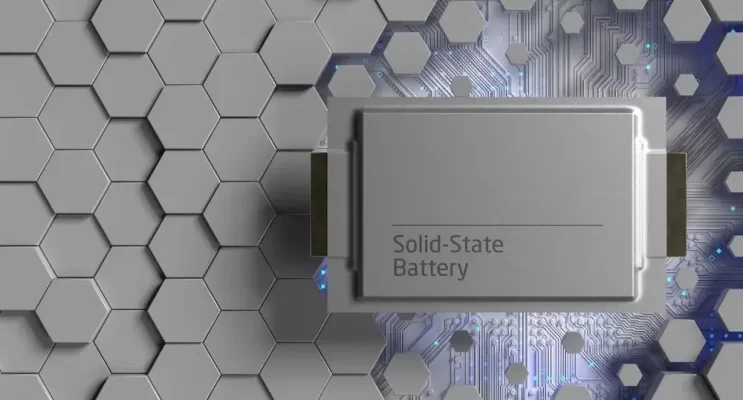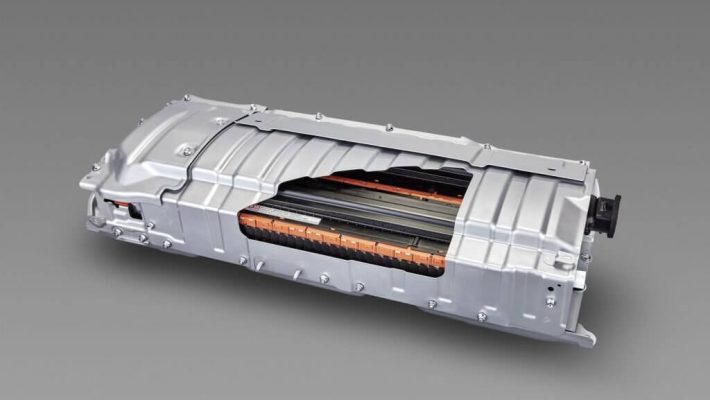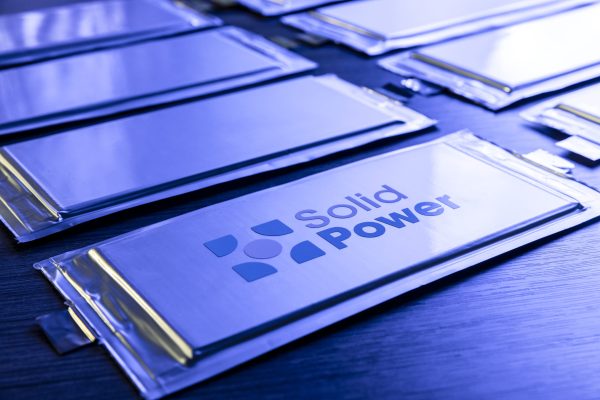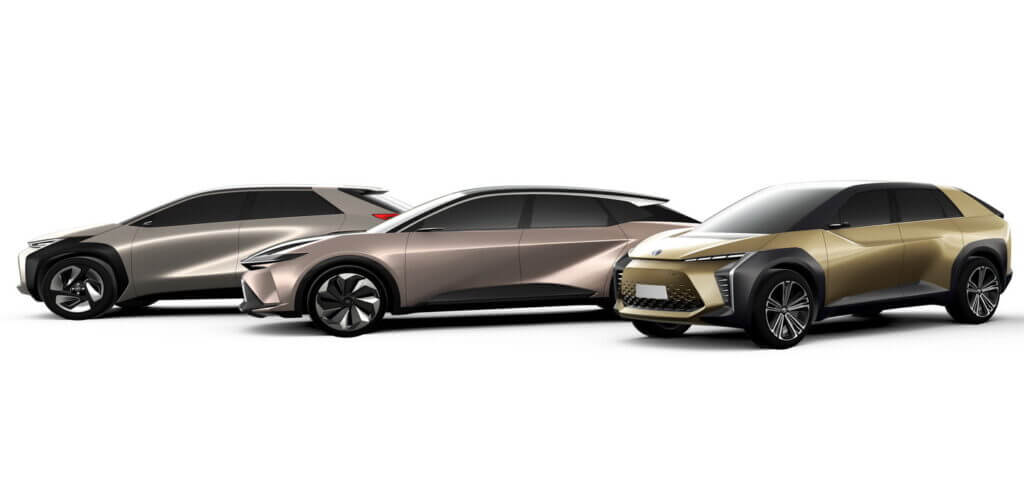Toyota’s Breakthrough: Solid-State Battery Set to Revolutionize Electric Vehicles
Toyota, renowned for pioneering hybrid technology with the introduction of the Toyota Prius, has been relatively late in entering the fully electric vehicle (EV) market. However, the automaker has now unveiled its first EV, the bZ4X. And aims to catch up with its competitors by capitalizing on a potential breakthrough in solid-state battery technology.
Solid-state batteries offer numerous advantages over traditional lithium-ion batteries, including improved safety, longer range, faster charging times, and extended lifespan. Toyota’s engineers claim to have made significant progress in this field, but further details are scarce.
What is Solid Battery?
To grasp the implications of this breakthrough, it is crucial to comprehend the difference between solid-state batteries and current lithium-ion batteries commonly used in EVs.
Traditional lithium-ion batteries utilize a liquid or gel-form electrolyte to transport charged particles between electrodes.
However, these liquid electrolytes pose safety concerns, as they are prone to leakage and overheating. Additionally, they degrade over time, resulting in reduced battery life and costly replacements for consumers.

In contrast, solid-state employ a solid electrolyte, eliminating the risks associated with liquid electrolytes. The solid electrolyte enhances safety and stability while offering a higher energy density. Enabling EVs to achieve significantly longer ranges on a single charge.
Solid-state also exhibit reduced expansion and shrinkage, mitigating degradation issues observed in lithium-ion batteries. Moreover, they offer faster charging times and potentially outlast the lifespan of the vehicle itself.
You may also like: Is an Electric Vehicle Really Worth the Price?
Toyota’s Groundbreaking Solid-State Battery Technology
Toyota’s Chief Technology Officer, Hiroki Nakajima, recently revealed that the company has overcome key challenges in solid-state development, claiming they have identified a high-quality material.
Although specific details regarding the breakthrough material remain undisclosed, Toyota plans to introduce solid-state batteries as early as 2027. Notably, Toyota leads the industry in solid-state battery research, boasting over 1,000 patents.
Toyota intends to first incorporate solid-state batteries into their hybrid vehicles a few years before launching their first EV.

Once solid-state batteries are commercially available in 2027 or 2028, Toyota projects an impressive range of 745 miles for their EVs, surpassing the current record set by the Lucid Air (520 miles). Charging times are expected to decrease to as little as 10 minutes.
Moreover, Toyota plans to introduce a second-generation solid-state battery with even greater capabilities. This advanced battery is projected to offer a range of 932 miles and charging times of under 10 minutes.
In comparison, the current best-selling EV, the Tesla Model Y, achieves a range of up to 330 miles and charges in approximately 15 minutes using Tesla Superchargers.
Toyota’s bZ4X, their current EV offering, achieves around 318 miles on a single charge and requires approximately 30 minutes to charge.
Toyota’s solid-state battery technology would not only more than double the range of its EVs but also significantly reduce charging times by approximately 67 percent.
Can I Buy a Solid State Battery?
Solid state batteries, which are considered the thing, in energy storage aren’t readily accessible to consumers at the moment. These batteries are still in the stages of research and development with a few prototypes and limited applications in industries like aerospace and electric vehicles.
Companies such, as Toyota and QuantumScape are making progress. It will take some time before solid state batteries become widely available. As the technology continues to develop and production scales up to meet demand consumers will have to be patient before they can purchase state batteries for everyday use.

Is Solid State Battery Better?
Solid state batteries are being praised as a leap compared to the more traditional lithium ion batteries. They come with advantages, such, as an energy density resulting in longer battery life and potentially extended ranges for electric vehicles.
Safety is also a benefit since they are less prone to leaks and thermal runaway which reduces the risk of fires. Additionally solid state batteries have the potential for charging and longer overall lifespans.
However before they can completely replace lithium ion batteries there are challenges, like production costs and current technological limitations that need to be addressed.





